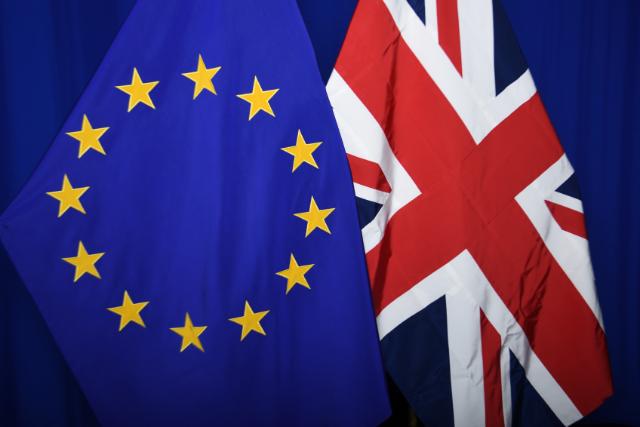Industry leaders have called on the UK and EU to move quickly to agree transition arrangements for Brexit, following the decision of the European Council to move on to the next phase of negotiations focusing on the future trading relationship.
 A joint statement from the Confederation of British Industry, Institute of Directors, British Chambers of Commerce, Federation of Small Businesses, and EEF, welcomed the progress made so far.
A joint statement from the Confederation of British Industry, Institute of Directors, British Chambers of Commerce, Federation of Small Businesses, and EEF, welcomed the progress made so far.
“It is our collective view that the transition period must now be agreed as soon as possible, to give businesses in every region and nation of the UK time to prepare for the future relationship. Further delays to discussions on an EU-UK trade deal could have damaging consequences for business investment and trade, as firms in 2018 review their investment plans and strategies.
“While our members will be particularly pleased that EU citizens currently living and working in the UK now have more clarity, it’s still essential that an unequivocal commitment on their future rights is made whatever the outcome of negotiations,” they said.
James Hookham, deputy chief executive of the Freight Transport Association said: “The urgent priority now is to secure a fast agreement on the transition and implementation period for trading rules. Our members need clarity and legal certainty on the arrangements they will need to make to keep trade flowing to and from the UK after Brexit, and time to adapt their process, making contingency plans wherever possible.
He pointed out that logistics contracts are already being negotiated for the post-Brexit period, and all those involved need to make decisions affecting the whole supply chain.
“Time is of the essence, to ensure that the movement of goods and services does not grind to a halt with bureaucracy.”
Hookham also said the agreements on a transition and implementation period needed to be comprehensive and watertight. “The time needed for these arrangements should be long enough to cover the conclusion of a trade agreement and the other deals necessary to ensure that supply chains are not disrupted and trade between the EU and UK can continue unhindered.”
Ian Wright, director general of the Food and Drink Federation, said: “While our valued EU workers have some comfort for Christmas over their future status, we want to see a binding guarantee and for Government to deliver on their promise to create a simple online registration system.
“Also on FDF’s wishlist to Father Christmas is speedy agreement of a status quo transition period, a special solution for Ireland, and securing a comprehensive trade deal with the EU which protects all the benefits and ease of trading we currently enjoy.”
The European Council has issued guidelines for the next stage which will focus on the future trading relationship and highlight some of the challenges ahead for negotiators.
In particular, it highlights the UK’s stated intention to withdraw from the Customs Union and Single Market after the end of the transition period.
“The European Council will calibrate its approach as regards trade and economic cooperation in the light of this position so as to ensure a balance of rights and obligations, preserve a level playing field, avoid upsetting exist in relations with other third countries, and to respect all other principles set out in its guidelines of 29 April 2017, in particular the need to preserve the integrity and proper functioning of the Single Market.”
For the proposed transition period itself, the EU will insist that the UK complies with all existing EU legislation and trade policy including the four freedoms.
The European Council intends to publish additional negotiating directives on the transitional arrangements in January 2018. And in March 2018, it plans to adopt additional guidelines for the framework of the future relationship.







